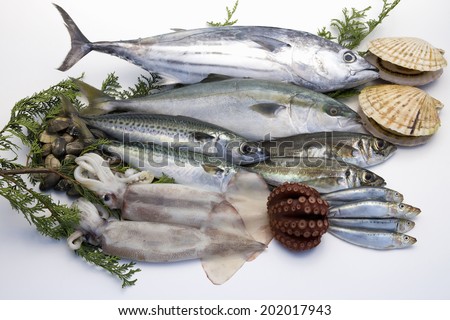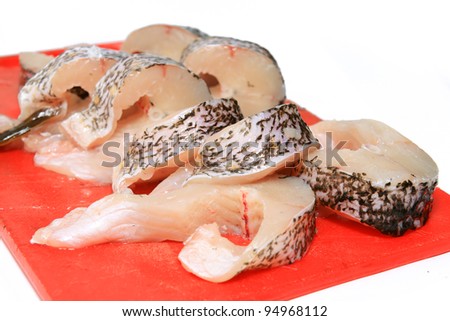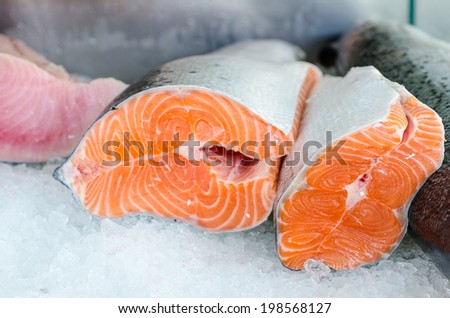Since then, setbacks have varied: Farmed salmon
production exceeded the amount of wild-caught salmon in 1999; nearly 3 million
Atlantic salmon reportedly escaped from farms in British Columbia, Washington,
Maine and Scotland in 2001, the same year infectious salmon anemia forced Maine
salmon farmers to slaughter over 1 million fish.
From the traces of illegal antibiotics found in an
Asian shrimp farm in 2002 to the gross violations of the Clean Water Act in a
Maine-based salmon farm in 2003, and certainly the toxicology tests revealing
farmed salmon to be one of the most toxic foods in the world — more than five
times more toxic than any other food tested — clearly the industry as a whole
has some explaining to do.
The guidelines for clean-eating seafood are the same
for everyone as they are outlined for pregnant moms: Fresh-caught Alaskan
salmon, sardines, mackerel, herring and anchovies are your best bets in regard
to healthiest seafood. Some people might think farmed fish must be the
healthiest and most environmentally responsible choice, but in many respects,
fish farming, aka aquacultured fisheries, aren’t much different from the
land-loving CAFOs — concentrated animal feeding operations.
One of the worst problems is salmon pens placed next
to wild salmon runs, which seriously threatens the viability of wild-caught
salmon, especially since the farmed variety are often carrying diseases such as
infectious salmon anemia virus, and that’s just one of several.
Article Source: Dr Mercola at Mercola.com









